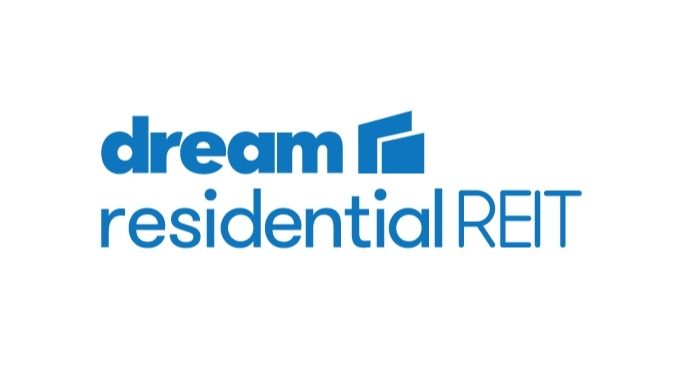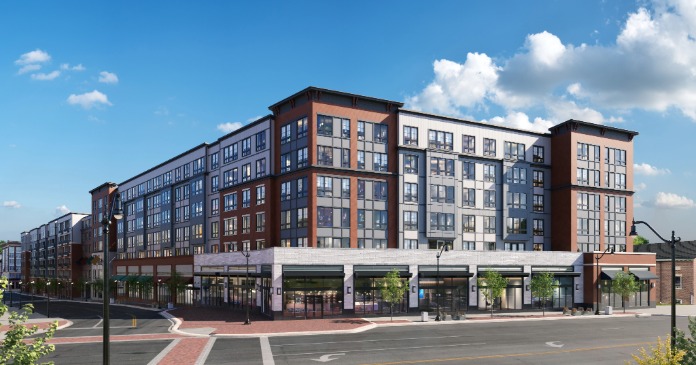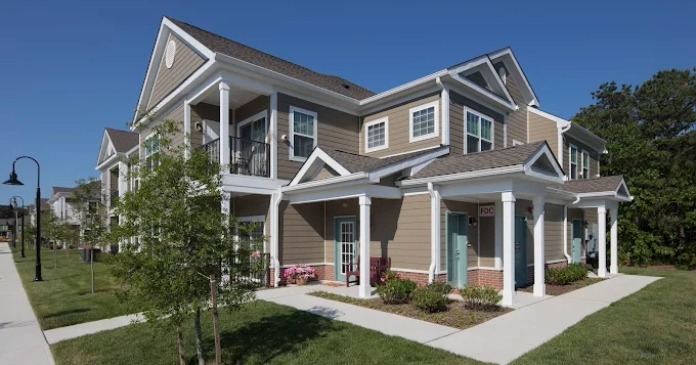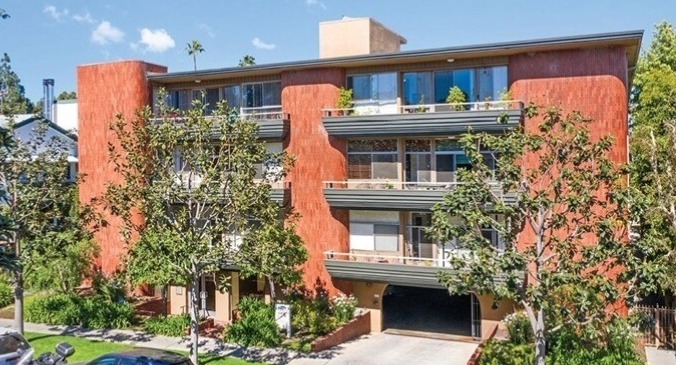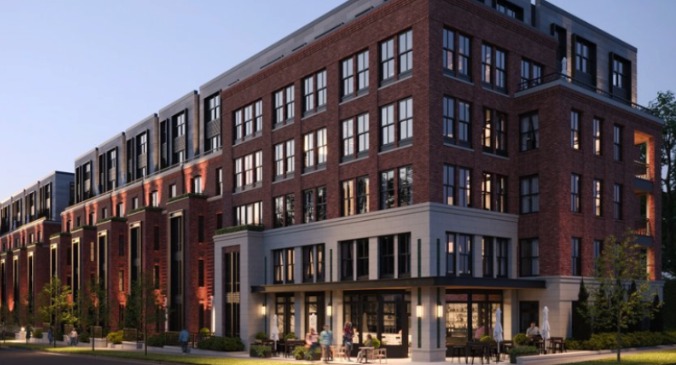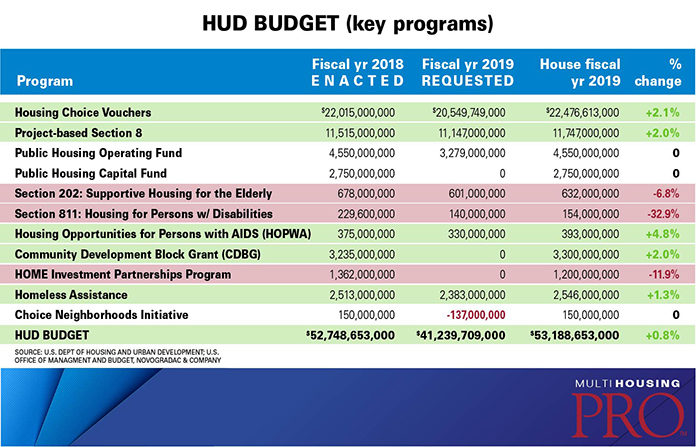
“Every year, it takes more money, millions of dollars more, to serve the same number of households,” Sec. Carson said recently. “It’s clear from a budget perspective and a human point of view that the current system is unsustainable.”
Last month Carson discussed the agency’s new “Making Affordable Housing Work Act,” as the House Appropriations Transportation-HUD (THUD) Subcommittee voted to generally hold the HUD budget to last year’s level.
“If you look at HUD over the last couple decades it’s been mostly about just putting people under a roof and sort of keeping them there,” said Carson. The result, he believes, is that “instead of it being a stepladder it’s become a mode of life and, in many cases, for generation after generation of individuals and I don’t think it’s their fault. I think it’s the fault of the system that has basically sapped the incentive for people to work.”
Changing the focus at HUD
With the latest HUD budget, the agency is attempting to realign the its overarching focus to one of providing temporary assistance from one of providing permanent benefits. Carson framed the new budget as a starting point and added that, “we really need to figure out a way to incentivize people, while at the same time providing them with the help that they need in order to move up that ladder,” he said in an interview Sunday.
The HUD budget lines up with the Making Affordable Housing Work Act of 2018 proposal, which Carson says will improve the lives of those on public assistance by affording them opportunities they might not have had previously.
“In 30 states you can actually make more money from just sitting back and receiving entitlements than you can from working a minimum-wage job,” said Carson. “It shouldn’t surprise us that a lot of people elect to take the first option. What they don’t actually understand is that if you take the minimum-wage job, you gain skills, relationships, opportunities that you would not otherwise have had. In the long run you end up in a much better place. And this is where we really want people to be.”
Creating room to get ahead
Carson is in favor of revising the on-going recipient income verification interval to three years versus the current annual requirement and simplifying the process by assessing gross income (versus adjusted). He feels this would allow those on assistance to make money without the threat of a rent increase. The annual review allows close tracking of incomes, but also holds many recipients back from getting a better job because increased earnings may cost them more when their loss of benefits is taken into account.
“We have a lot of people who have the same basic income, but they pay vastly different amounts of rent because there’s so much play with the system. We want to stabilize that, and that makes it much less expensive because it’s much easier to do,” said Carson.
Congress must still approve the proposal. See HUD budget recap (pdf) here.




